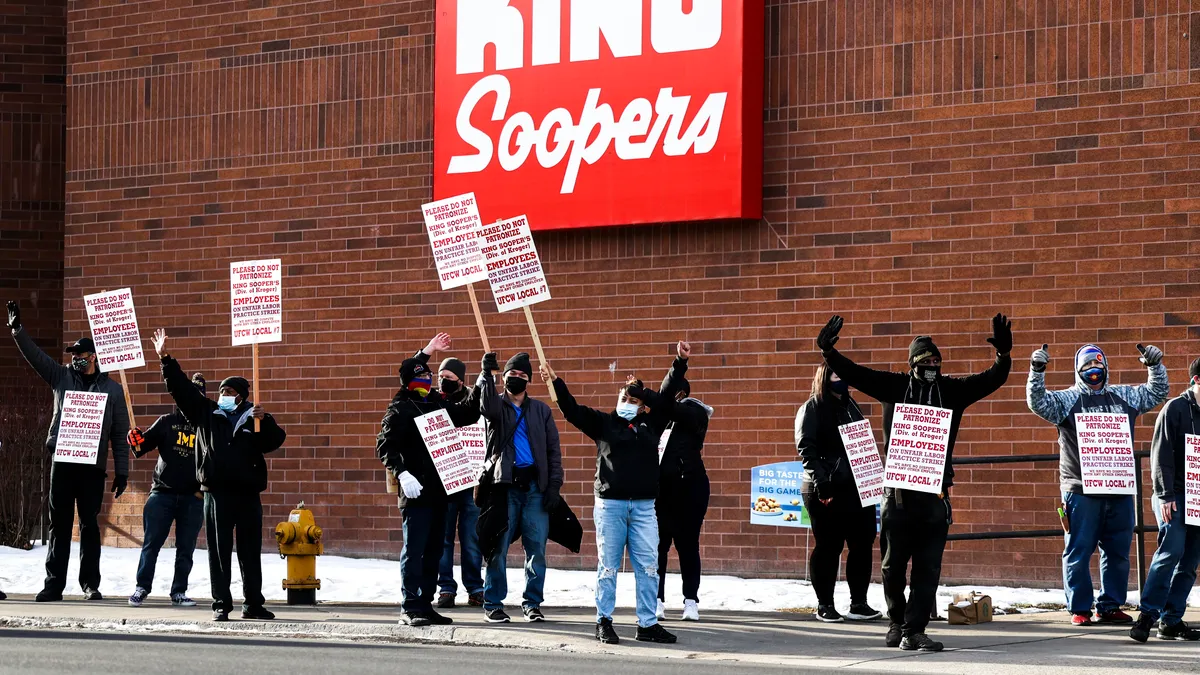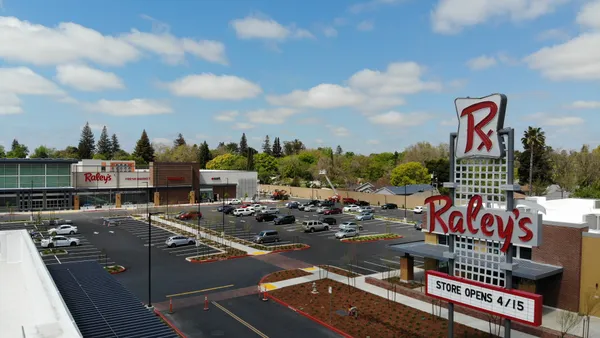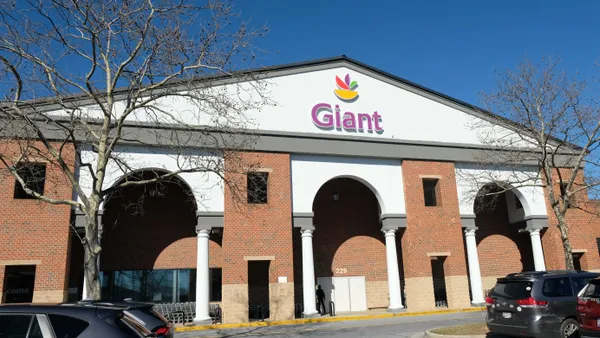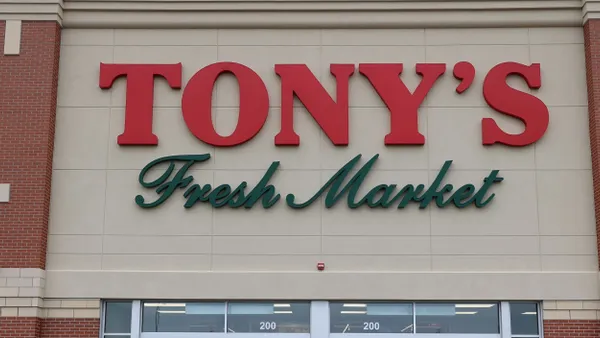Dive Brief:
- Kroger and Albertsons are facing a class-action lawsuit alleging that unionized workers for the grocers suffered financial harm because Albertsons agreed not to hire workers from Kroger’s King Soopers banner during a 10-day strike against the Colorado chain in 2022.
- The alleged agreement between the grocers reduced the bargaining power of United Food and Commercial Workers Local 7, causing the union to accept lower wage scales for workers for both supermarket companies in Colorado, the suit claims.
- The lawsuit builds on a case Colorado’s attorney general filed in February seeking to block Kroger from merging with Albertsons and claiming the companies have colluded through unlawful no-poach and non-solicitation agreements.
Dive Insight:
The class-action suit claims that Kroger and Albertsons both strengthened their hands in dealing with UFCW Local 7 because the retailers had an unlawful arrangement under which Albertsons agreed not to try to lure King Soopers’ employees while they were on the picket line in January 2022.
Towards Justice, a Colorado-based nonprofit legal organization that says it “defends workers and their rights through impact litigation and policy advocacy,” filed the case on Monday in a Denver district court.
“Kroger and Albertsons’ agreement reduced Local 7’s bargaining power while increasing Kroger and Albertsons’ bargaining power because it helped Kroger mitigate the types of competitive and financial pressures it would normally face during a strike,” the suit claims.
That dynamic led UFCW 7 to agree to a collective bargain agreement that included less favorable terms for King Soopers workers than the union would have been able to secure, the suit claims. “The wage increases would have been even higher but for the anticompetitive agreement between Kroger and Albertsons,” according to the complaint.
After agreeing to a new contract with King Soopers, UFCW 7 used the deal to secure the same wage increases and other improvements with Albertsons for its Colorado workers, using the threat of a strike as leverage. But while the union was able to reach a new deal with Albertsons, it wound up settling for a less favorable deal than it would have been able to secure “in the absence of the unlawful collusion between Kroger and Albertsons,” according to the suit
“This case is an attempt to bring light and justice to the 18,000 unionized grocery store workers, and the thousands of non-union grocery store workers, who were harmed by this hidden and illegal deal,” Kim Cordova, president of UFCW Local 7, said in a statement.
A Kroger spokesperson said in an emailed statement that there “were no non-solicitation or so-called no-poach agreements between Kroger and Albertsons” and added that only a small fraction of its associates come from or move to Albertsons.
“Kroger competes for talent in a broad and diverse labor market, including from non-grocery, non-union retailers like restaurants, food service companies, conveniences, warehouses and more,” the spokesperson said.
Albertsons did not respond to a request for comment by publication time.













